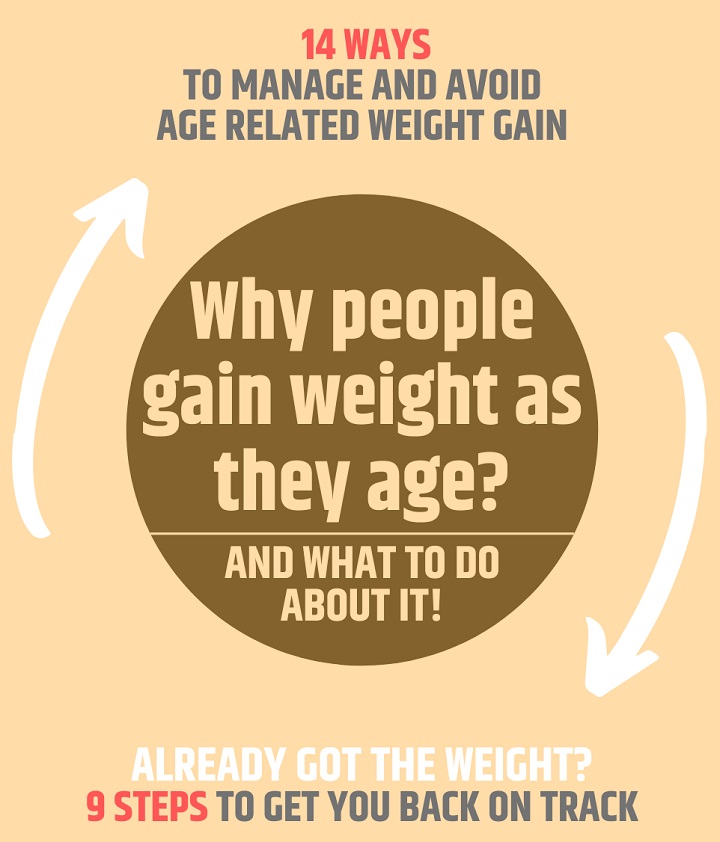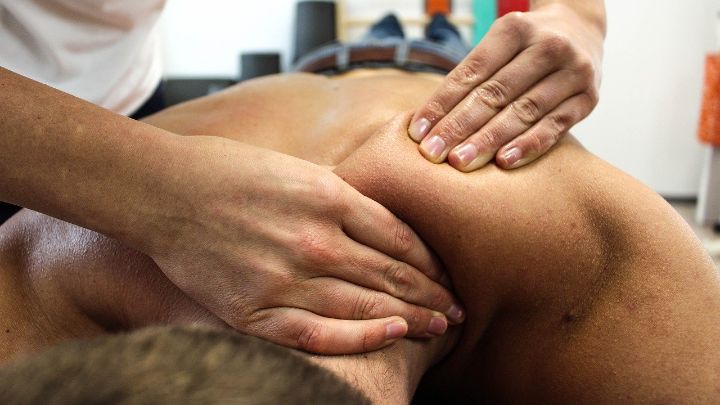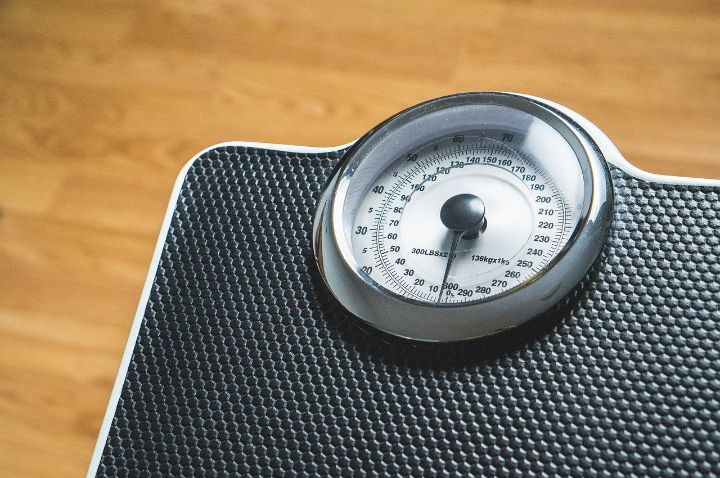

Andreas LPM
- January 22, 2020
- No Comments
Why people gain weight as they age?
Introduction
How would you like to be greeted at a party, a family gathering or a school reunion?
So you can avoid and manage to gain weight as you age.
Table of Contents
Statistics of people getting fatter as they get older
Overweight and health issues
Causes of weight gain

Behavioral
The 20s:
The 30s:
The 40s:
The 50s:
The 60s, 70s and beyond:

Physiological
Hormonal changes:
Muscle loss:
Slower metabolism:
Bad joints:
You are more sedentary:
Stress:
14 Ways to stop, prevent and reverse weight gain

#1 Be aware of the change:
#2: Don’t accept the change:
#3: Don’t wait until you’ve got overweight.
#4 Asses regularly:
#5 Do periodic dieting:
#6 Meal Planning:
#7 Meal Size:
#8 Stay active:
#9 Iron:
#10 Mobility:
#11 Injuries:
#12 Avoid the obvious junk.
#13 Restrict alcohol:
#14 Avoid/ Reduce stress:
What to do when you already have some overweight?

This can also work if you just hit the age and discovered you’re unhappy with how you look, feel, perform or how your health stats are. Before you make any big changes, please visit your doctor, talk to him about what you want to do, get the approval and ask for additional things you can do.
The following are 9 steps to put you into the right direction of your weigh-loss journey:
- Get into serious-mode: If you want to change make the decision to do so and put in the work.
- Get on a diet: Remove the obvious junk, don’t drink anything that contains calories.
- Daily walks: Around the block, through the forest or a park.
- Remind yourself often about the decision you made.
- Eat healthily. If you’re starting, don’t bother with any strict and super detailed meal plan.
- Join a gym: Weight training to preserve and build muscle which burns calories even while you’re sleeping.
- Tell others about your goals: Create social pressure to stay on course.
- Reward good habits: Treat your self for even the smallest step in the right direction.
- Give this process and yourself time to work its magic.
Conclusion
- Be aware the body will undergo certain changes.
- Make a conscious decision to take action.
- Eat well, create a meal plan, limit junk and alcohol.
- Stay active, you can use the energy of your kids as a driver for yourself.
- Build and keep muscle – a basic training routine that covers your whole body.
- Work on your mobility.
- Do this: 2 sessions of Yoga and Weighttraining per week, repeat forever.
- All the above pints help reduce stress. Go hiking or just for a stroll through the forest when life gets chaotic.
Some of the topics of this article have been covered here on LPM already. To learn more about each topic check this list I put to together to safe you time:
Meal Planning:
http://letsprepmeals.com/complete-meal-prep-guide-part-1/
Choosing the right diet:
http://letsprepmeals.com/how-to-choose-the-perfect-diet/
Create you own diet:
http://letsprepmeals.com/complete-meal-prep-guide-part-4/
Shrink prepping time by merging all recipes into one big recipe:
http://letsprepmeals.com/complete-meal-prep-guide-part-3/
Make awesome salads:
http://letsprepmeals.com/how-to-make-the-greatest-salad-ever/
Get and stay motivated:
http://letsprepmeals.com/21-tips-for-better-motivation/
Learn how to better stick to your diet:
http://letsprepmeals.com/the-90-10-rule-for-easier-dieting/

